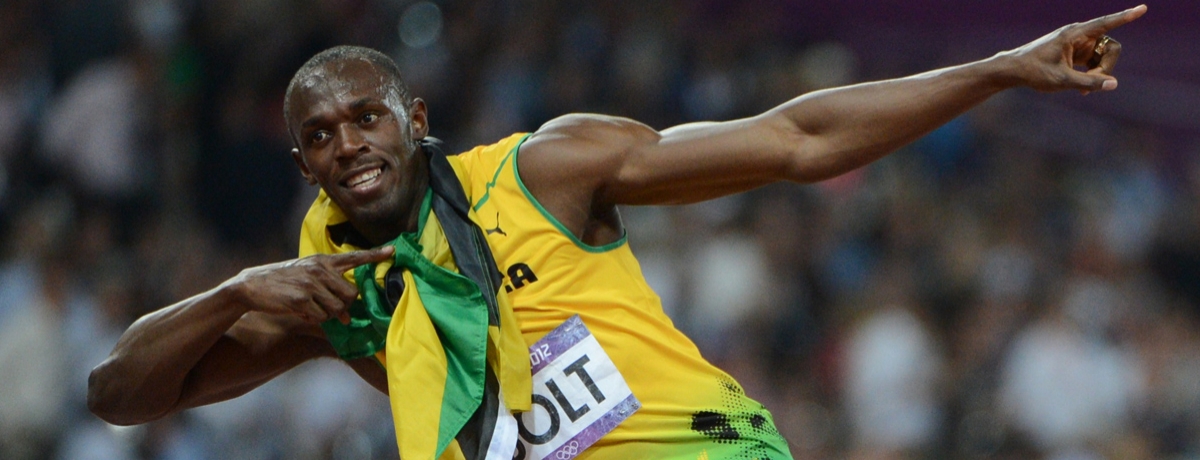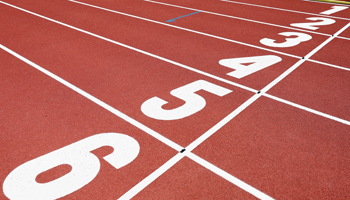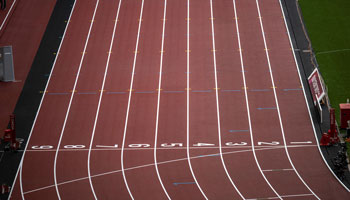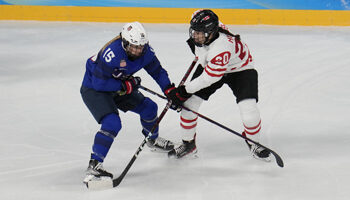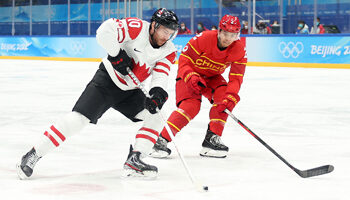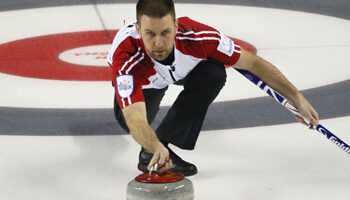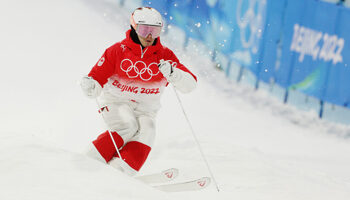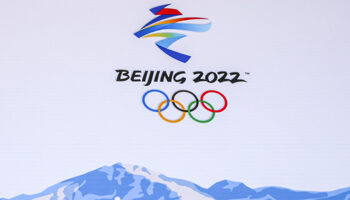The main problem when attempting to ascertain the best Olympian of all time is that it is an exercise of personal opinion.
Many will say swimmer Michael Phelps, because he has won more golds than anyone else, others will opt for Jesse Owens, who overcome more adversity than anyone when winning four golds in Berlin in front of Adolf Hitler in 1936.
There is an argument for Fanny Blankers-Koen, the Dutch housewife who won four golds in 1948, playing an influential role in female athletics being more accepted in the mainstream.
Taken on their own merits, each of the above can lay reasonable claim to being the best ever Olympian, but we have attempted to use our own system to answer the question once and for all.
A few stipulations were laid out from the beginning, these included that an athlete had to have shown some longevity by competing in more than one Olympics and they had to have amassed a medal tally of at least five.
The criteria we used were as follows:
- * Total medals
- * Total gold medals
- * Total individual gold medals
- * Win %
- * Number of Olympics competed in
- * A coefficient score created from our own soon-to-be-not-secret formula
The Formula…
The formula involved the giving out of five points for a gold medal, three for a silver and one for a bronze. This tally was then divided by the number of different events the athlete had attempted to win gold in.
For example, Usain Bolt has competed in the 100m, 200m and 4x100m relay. His only medals have been six golds, 6×5=30 and 30/3 is 10. This gave Bolt a coefficient score of 10.
A different weighting was given to each criteria (win % was deemed the most important for the greatest athlete), then each athlete was ordered and allocated points for each metric.
This was done for every criteria and then each athlete had their total score totted up. The below graphic shows the final finishing order and more crucially, which athlete can rightfully claim to be the greatest in Olympic history:
10) Gert Fredriksson
Fredriksson is not only the most successful Swedish athlete in Olympics history, but additionally the most successful male canoeist of all time.
He won golds at four consecutive games and was the most unstoppable in the K1-1000m, when standing on top of the podium in 1948, 1952 and 1956.
9) Larisa Latynina
Latynina is the most successful female athlete of all time based on gold medals as she has nine to her name and has won medals in 18 of the 19 Olympic gymnastics events she has competed in.
Other records include being the only woman to win an all-around medal in a minimum of three Olympics.
8) Paavo Nurmi
The Flying Finn dominated middle-distance and long-distance running throughout the 1920s, setting 22 official world records from distances ranging from 1km to 20km.
He was the first athlete to ever win five gold medals at the same Olympics and was known to run with a stopwatch in his hand to ensure that he was progressing at an even pace.

7) Sir Steve Redgrave
Redgrave’s rollcall is as follows: gold in the 1984 coxed four, golds in the 1988, 1992 and 1996 coxless pair and gold in the 2000 coxless four.
Andy Holmes was among Redgrave’s partners for his first two golds, while Matthew Pinsent joined him for his latter three.
6) Aladar Gerevich
Gerevich could have gone down as perhaps the greatest Olympian, being part of the Hungarian Sabre fencing team which won gold at every Games between 1932 and 1960.
However, the absence of the Olympics in both 1940 and 1944 because of World War II robbed Gerevich of the chance to win the same event at eight different Games, which would have been a record that was unlikely to ever be broken.
5) Birgit Fischer
Eight gold medals across six different Olympic Games is some achievement, with the most recent coming in Athens in 2004, despite the fact Fischer announced her retirement after claiming two kayaking golds in 1988.
She was only 18 when securing her first Olympic title in 1980 and 42 when securing her last. Were it not for the East Germany boycott of the 1984 Games in Los Angeles, Fischer could have retired with an even greater list of accolades.
4) Carl Lewis
Lewis’ legacy is tarnished in parts after revelations that he failed three drugs tests during the US trials for the 1988 Olympics, but his on-track achievements in a period where drugs were more commonplace than they should have been are still impressive.
The long jump was his main event, where he won four golds and was unbeaten anywhere for over a decade.
However, he is also a former world record holder in the 100m and the 4x100m relay as part of a quick US team. His one silver medal came in the 200m at the 1988 Games when beaten by teammate Joe DeLoach.

3) Usain Bolt
Bolt is the first athlete since the Ancient Greek period to win six Olympic sprinting gold medals, having completed the double-triple of the 100m, 200m and 4x100m relay at both the 2008 and 2012 Olympics.
He also holds world records in all of these events.
Should Bolt add another three golds to his resume in Brazil, he will move even further up this ranking list, perhaps even threatening Lewis for the third podium spot.
2) Michael Phelps
Call him what you want, the Baltimore Bullet or the Flying Fish, but Phelps is certainly the most decorated Olympian ever.
He has been the most successful athlete in three successive Olympics thanks to a total haul of 18 golds and was especially invincible in the butterfly. Although his medals also came in medley and freestyle events.
It was the fact that he competed over a variety of distances ranging from 100m to 400m which also mark him out, as this mix of speed and stamina is the equivalent of a runner winning the 100m and 1500m at the same Olympics.
1) Ray Ewry
Ewry proved unbeatable at the Olympics, dominating all of his foes in the now non-existent standing jump events. He won 10 golds across the standing long jump, triple jump and high jump.
He triumphed in all three at the 1900 Games in Paris and did the same treble four years later, which was the last time the standing triple jump was regarded as an Olympic event. Even when the standing long jump became defunct in the 1930s, Ewry still held the record.
His final two golds came in the 1906 Intercalated Games, which are considered by historians to be a real Olympics and were organised by the International Olympic Committee, despite the IOC not officially recognising it as such.

